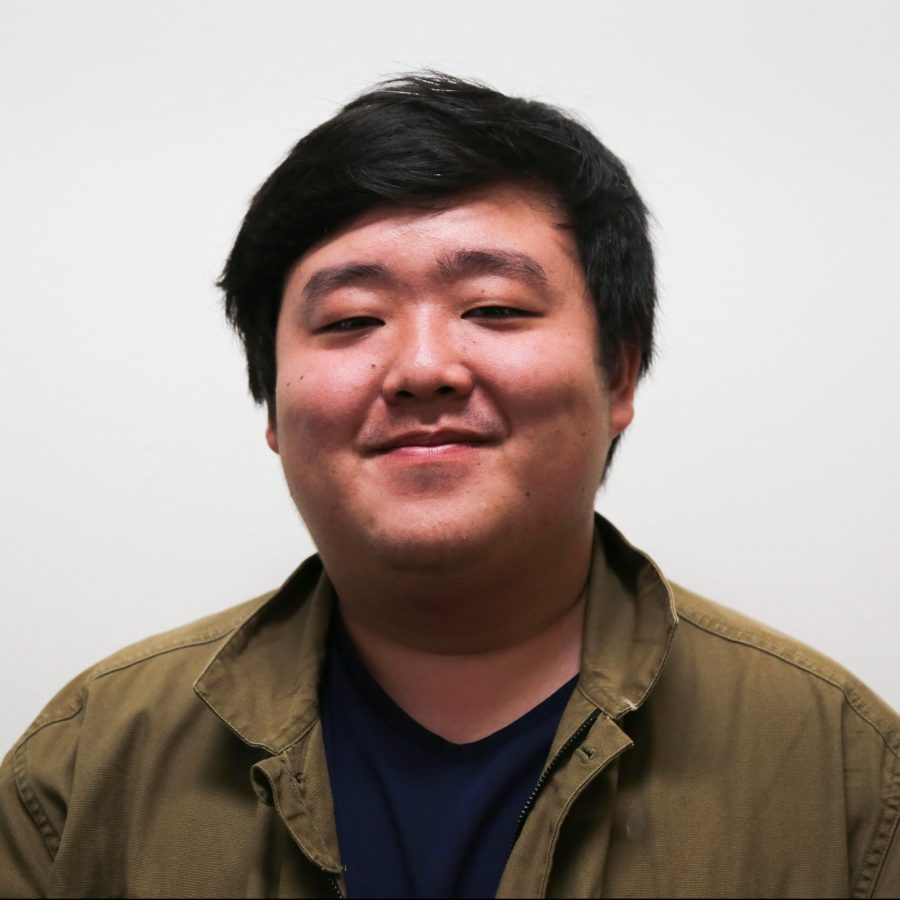Recently, Japan has seen a rise of far-right groups, or “uyoku dantai.” Their nationalist agenda advocates for policies such as replacing the current pacifist constitution, denying Japan’s wartime atrocities and strengthening the country’s armed forces. Around 900 of these groups regularly protest in front of foreign embassies and government buildings. The uyoku dantai also have a history of racism towards Korean and Chinese ethnic communities, such as referring to Koreans as maggots and cockroaches in a 2018 protest.
Each of these elements points to a far-right movement that harkens back to World War II-era imperialist Japan. It is important to recognize the detrimental effects that this movement will have on East Asia if the uyoku dantai continue to influence Japanese politics. The influence of the Japanese far-right will only exacerbate the growing tensions in U.S.-China relations, as well as the situation on the Korean peninsula.
Last year, Japanese Prime Minister Shinzo Abe and his Liberal Democratic Party, the ruling conservative party, sought to revise the constitution and its pacifist stance on the military. Though this resolution was abandoned, Abe has continued to pursue the idea of constitutional revision, showing the creeping influence of the far-right into mainstream Japanese politics.
Furthermore, the far-right has been exerting its influence on education in Japan since 1982, when the government first started censoring school textbooks. Since then, textbooks have barely covered the issue of comfort women and the mass Okinawan suicides of 1945 — human rights abuses committed by the Japanese government during World War II. Government-led historical revisionism in schools and increasing calls for a stronger military are signs of the far-right’s growing power among politicians and citizens alike.
Another sign of the rise of the uyoku dantai’s ideas is the growing power of the Nippon Kaigi. The organization is the largest far-right group in Japan and has heavy lobbying clout with the conservative LDP; 18 of the 20 members of Shinzo Abe’s cabinet were once members of the group. Abe himself is a special advisor to Nippon Kaigi and has implemented their ideas of constitutional revision, change in educational content and increased military forces in his own proposed policies.
Currently, China and the U.S. are the two main players battling to gain influence in the region. The infiltration of far-right ideas into mainstream Japanese politics, however, will completely change this dynamic. A third militaristic nation would certainly put more pressure on the two Koreas in their denuclearization negotiations and possibly hinder any peace process.
Given Japan’s history as an imperialist power, a combination of increased militarization and far-right ideology will be another step back to the past. The country’s recent tendency of historical revisionism in school textbooks is another sign of this trend. In order to avoid creating an even more hostile situation in the East Asian region, the rise of the Nippon Kaigi, as well as the smaller uyoku dantai, must be recognized. Ignoring the issue will exacerbate regional issues, and therefore influence problems at home.
Opinions expressed on the editorial pages are not necessarily those of WSN, and our publication of opinions is not an endorsement of them.
A version of this article appeared in the Monday, April 15, 2019, print edition. Email Jun Sung at [email protected].






















































































































































